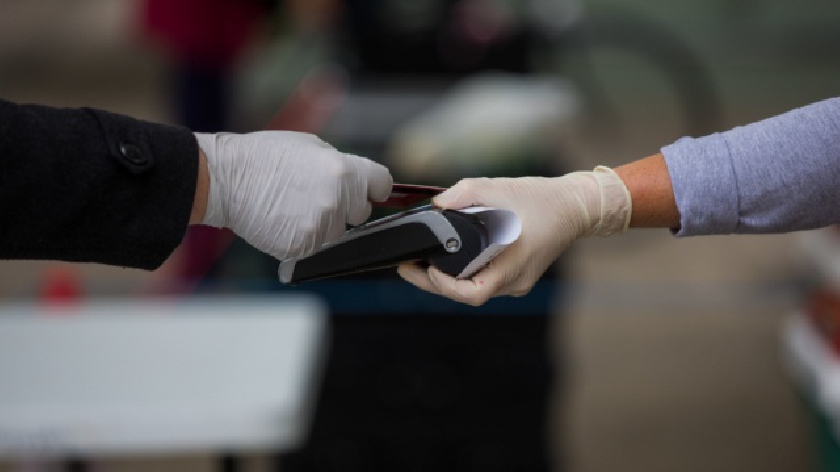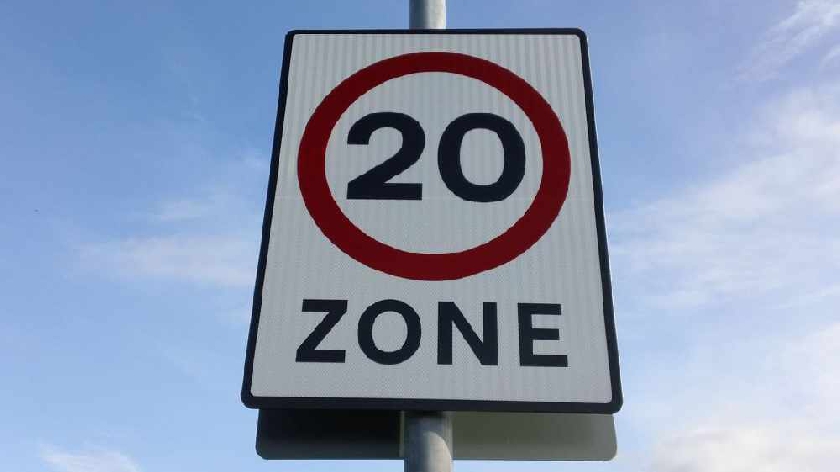
When Rati Tchelidze recently was asked to summarize the most important events within the Fintech Industry during 2020 he mentioned how the Covid-19 pandemic has helped push the world towards a cashless society.
At MKFM we of course want to know more and managed to catch up with Mr. Tchelidze to ask him if it's time for the Brits to collect the cash they're still stacking under their mattresses? The answer was not surprising, yes. As an innovator of FinTech, Rati Tchelidze is involved in a number of digital banking startups and knows the industry very well. In this article, we summarize what we learned from our recent chat;
The Fintech industry was one of the massively affected sectors during the global pandemic. Extensively improving on digital payments, credit card transactions, and people wanting to move around cashless and still pay for whatever they buy were on the high level in 2020. These and many more were great milestones of the FinTech industry in 2020 imposed as a result of the global pandemic.
Identified as an upward trend, many people are getting more comfortable and used to digital transactions, implying how they would prefer to make purchases in 2021.
According to Rati, Northern Europe has a strong Fintech industry and Sweden is believed to become the first cash-less nation in the world. The UK was warned already in 2018 not to "sleepwalk" into a cashless society and with recent developments of alternative payment methods, the UK is currently believed to be cashless by 2026. This is far behind the Nordic countries. One reason is that many people in the UK are still getting their payments in cash, something unheard of in Sweden but developments during the pandemic suggests the first cashless country may not be in Europe after all. Recent studies are pointing towards the United Arab Emirates.
The question of who's going to be the first, according to Rati, is less relevant, but what's interesting is that we can see a growing trend in digital payment usage across the globe. Before the Pandemic, the UAE was reluctant to engage in digital banking and e-commerce but made a quick turnaround when the pandemic began. This is an important indicator of the public's willingness to accept new banking methods even in societies with a historically strong cash flow. Technology is already here and now there's also a willingness by the public to use it, which is why Rati believes that we can see the first signs of a totally cash-free society as early as this year, and the UAE can potentially lead the way.
The First Cashless Region May Be The UAE
According to the survey of Mastercard owners done in April 2020, there is a discovery that more than 80% of the United Arab Emirates consumers and sellers prefer to make use of digital transactions to pay for whatever they purchase.
There are other regions in the UAE also trying to ensure that their digital platforms are ready for cashless payments.
Not only the Mastercard survey was able to convince the United Arab Emirates to advance in digital payments. Standard Chartered also conducted a global survey, and it was discovered that by the year 2030, the world is expected to have gone cashless. The head of Retail Banking, Standard Chartered of the United Arab Emirates, said:
"We have discovered consumers in the UAE focusing more on the grocery store and the healthcare sector prefer digital banking and cashless transactions based on statistics; it is no news that the pandemic played a huge role in the acceleration. This implies that the UAE is incorporating digital devices into every sphere and the rate is expected to go higher in the future."
China towards a cashless economy
At the same rate at which the United Arab Emirates is moving towards the cashless economy, China is also rising in its sphere.
The China FinTech reported on research done that over 85% of the country's consumers use digital payments platforms. China is the largest online market reading and holds over billions of mobile payments as of 2019.
The country is about to release a national digital currency, which will be the first of its kind to the whole world. With the Digital Currency Electronic Payment (DCEP) reports, the country is moving on a fast track to making a mark in the world of a cashless economy. Other countries are also on their heels by creating a digital version of their local currencies too.
The Editor of the South China Morning Post (SCMP) reported about the country's state. Here's what he said:
"In China today, the Fintech companies are raising the bars to extend beyond the country into other parts of the world. The COVID-19 pandemic has caused a huge change in the fintech world and global economy; the consumers now prefer digital payments for everything they buy".
Building a cashless economy in this age, according to the Ministry of Industry and Information Technology, the communication services stations were more than five million in 2019, and that equated to half of the world's population.
Effects of the Cashless economy
Regardless of the UAE and China's advancement, considerations will be made for the global adoption of digital currency.
The following are the predicted challenges that could be faced by the cashless economy:
- Structure
The structures to carry the world into the cashless economy are still far-fetched. Not everyone has access to an internet connection and even owns a bank account, talk more about owning a credit and debit card. The statistics show more than 50 million people were still underbanked in 2018.
- Cash is still important
Despite the migration to digital payment platforms, cash is still an important form of payment due to seldom failure in internet connections. The fear of having issues with digital transactions would still make people keep and use cash.
While many consumers prefer the cashless economy, some are still skeptical about sharing their bank details with digital platforms.
Summary
There are no recent numbers but a poll in 2017 came to the conclusion that 77% of Britons secretly store cash at home. As we listen to Rati Tchelidze it's clear we are very close to achieving a cashless economy and it's time to stop hiding cash in the mattress, but we have a great and not smooth path ahead of us. We can make huge and meaningful steps towards a cashless society and might be able to bridge the gap between the developed and underdeveloped countries. Though enforced by the global pandemic we might be closer to a fully cashless global economy earlier than we think, an integral part of the future global village.
About Rati Tchelidze; Founder and CEO of the FinTech company Axios Holding

















